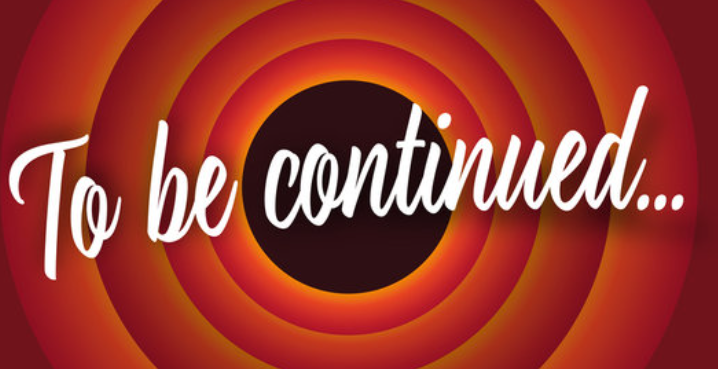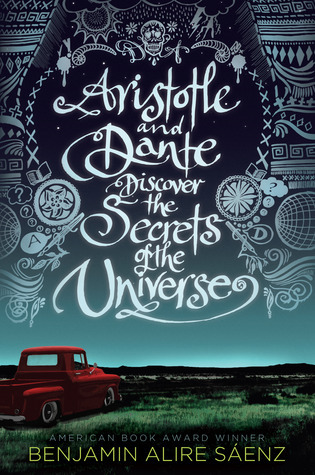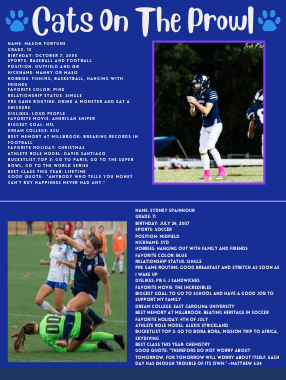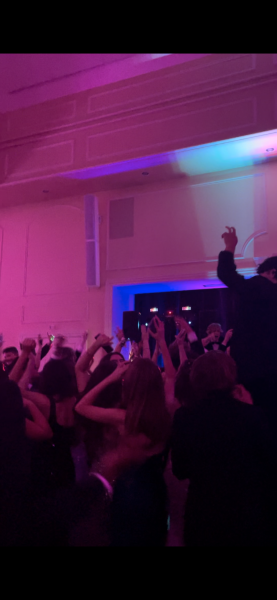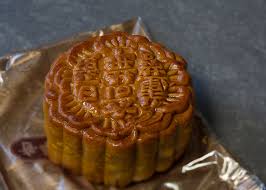Deja vu: the reasoning behind your reoccurring thoughts
Sending messages to the brain, dopamine helps our brain store our memory and control our mood and our sleep. High levels of dopamine seems to be one of the scientific hypotheses that try to explain deja vu and why it causes us to “relive” moments.
March 24, 2018
Deja vu is defined as the feeling of having already experienced a current situation. It is used to describe a strange feeling that you get when you feel as though you have experienced a situation, but in reality, you have not. However, the word actually translates directly from French as “already seen.” When deja vu occurs, it sparks your memory of a similar situation you have already seen works as a signal to pay attention to what is taking place at that specific moment.
Around seventy percent of the world’s population, both women and men, experience deja vu between the ages 15-25. Deja vu is very hard to study because of how short the feelings last. Scientists all over the world study it, but each has different opinions on the topic. Some researchers and scientists believe that it is caused by high dopamine levels and that since they are higher in young adults, young adults have more deja vu. Dopamine is a neurotransmitter and a chemical that sends messages to the brain and nerve cells, regarding memory, sleep, and mood.
Deja vu gives us a feeling of uncertainty and confusion, as we believe ourselves to be repeating an experience we have already been through. It is a tad frustrating because it comes for a couple seconds, and then when we try to wrap our minds around it, it goes away, and we are hit with reality. Sophomore Mara Tate said, “I think deja vu is when you feel like you are reliving a moment that already happened, and it gives me a weird feeling because I feel like I went back in time. One time I was in class, and I experienced deja vu as I thought I had already heard the lesson, but in reality, it just felt like it.” Deja vu is an ongoing controversial topic because there has been constant theories and hypotheses as science can not fully explain deja vu.
Scientists have proposed multiple theories in order to try and understand deja vu because of the lack of scientific evidence available. A couple of the theories include parallel universe theory, dual processing theory, and the precognitive dream theory. The parallel universe theory suggests that when we are influenced by deja vu, another version of ourselves is doing the same thing in another universe. The dual processing theory states that when we memorize something, our brain is using higher processing as it stores information into our short-term memory. When deja vu occurs, the information is transferred into our long-term memory causing us to become familiar with an idea or an event that we believe we already have experienced. Lastly, the precognitive dream theory states that humans experience a situation that they had previously dreamed about.
Even though deja vu is complicated and very controversial, it explains how complex and special our bodies are and how they work. Also, it demonstrates how different aspects of life can impact our brains and minds on a large scale, as it reflects how we think and what we experience every day.




